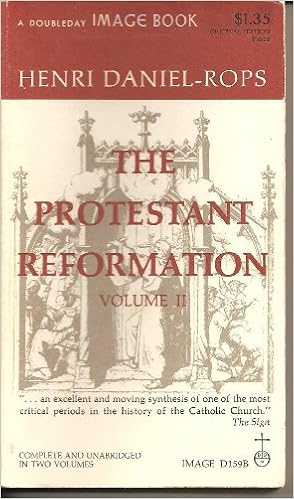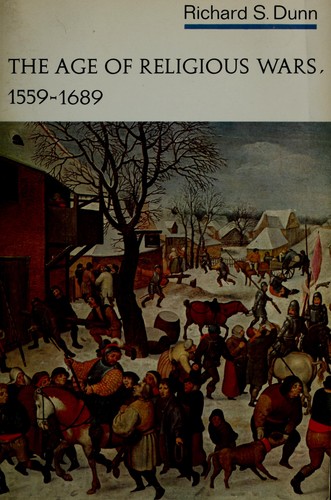
The Protestant Reformation, often referred to simply as the Reformation (from Latin reformatio, lit. "restoration, renewal"), was a schism from the Roman Catholic Church initiated by Martin Luther and continued by John Calvin, Huldrych Zwingli, and other early Protestant Reformers in 16th century Europe. Timing most commonly used for this period is from 1517 (the Ninety-five Theses are published by Martin Luther in October of that year) to 1648 (Peace of Westphalia ends the Thirty Years' War).
 A history of political thought in the sixteenth century by
A history of political thought in the sixteenth century by  The Protestant Reformation by
The Protestant Reformation by  The Age of Religious Wars, 1559-1689 by
The Age of Religious Wars, 1559-1689 by Martin Luther was a German professor of theology, composer, priest, monk and a seminal figure in the Protestant Reformation. Luther came to reject several teachings and practices of the Roman Catholic Church. He strongly disputed his understanding of the Catholic view on indulgences, that freedom from God's punishment for sin could be purchased with money. Luther proposed an academic discussion of the practice and efficacy of indulgences in his Ninety-five Theses of 1517. His refusal to renounce all of his writings at the demand of Pope Leo X in 1520 and the Holy Roman Emperor Charles V at the Diet of Worms in 1521 resulted in his excommunication by the Pope and condemnation as an outlaw by the Emperor.
John Calvin was an influential French theologian, pastor and reformer during the Protestant Reformation. He was a principal figure in the development of the system of Christian theology later called Calvinism, aspects of which include the doctrines of predestination and of the absolute sovereignty of God in salvation of the human soul from death and eternal damnation, in which doctrines Calvin was influenced by and elaborated upon the Augustinian and other early Christian traditions.